If you were paying attention to (non-crypto) finance news over the past six months, you may have actually run into the Isle of Man. This is because my sleepy little island featured rather prominently in the Paradise Papers, a set of documents revealing how the ultra-rich around the world take advantage of “tax havens”. Among other things, the Isle of Man was mentioned due to the fact that a number of international celebrities have registered their private jets here (despite keeping them elsewhere 99.9% of the time) in order to avoid paying EU VAT (sales tax).
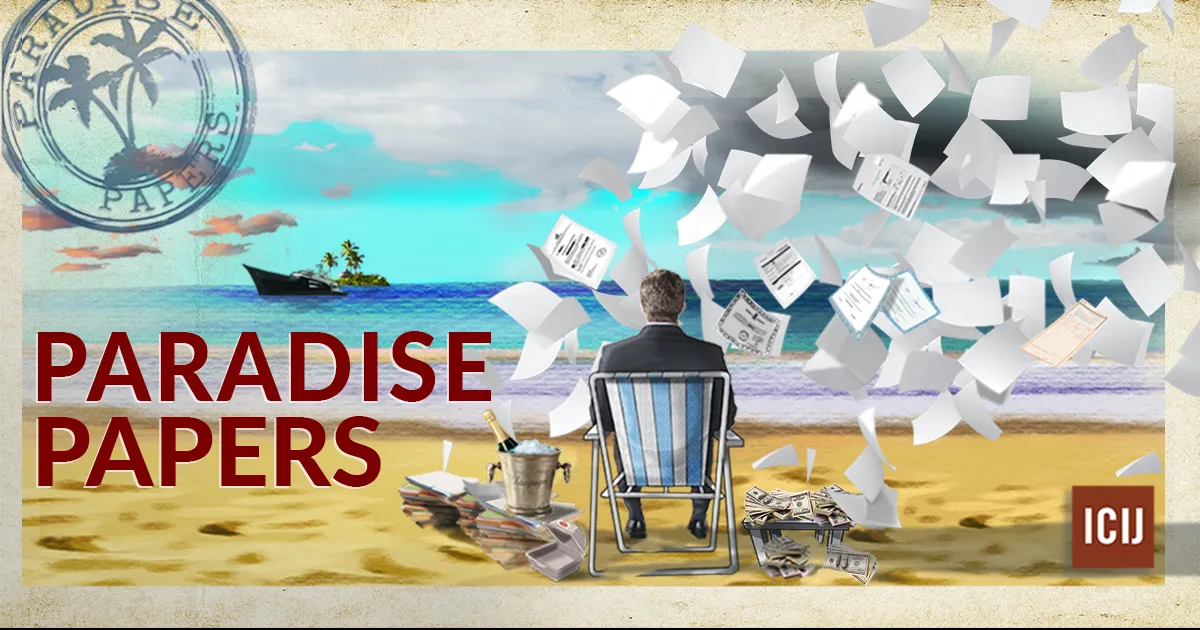
(Image Credit: https://www.icij.org/investigations/paradise-papers/)
Although many on the island took offence at what they perceived as the “negative and biased media coverage” during the Paradise Papers investigation, it would take an act of wilful ignorance to remain unaware of the many ways in which we encourage people to take advantage of our laws. We’re a tax haven and we know it.
I said in my previous post that the Isle of Man has almost exactly the same laws as the UK, with a few major exceptions. The most notable of these are the tax codes. I won’t go into detail here, but the most important points are that there is (basically) no corporation tax, capital gains tax or inheritance tax, and that our income tax is capped at 20% and thus heavily favours those making over 100k per year. There are also extra tax breaks for certain big-money industries, most prominently online gambling.
I’m not here to get into the big-picture questions of tax avoidance and its ethical implications (although I'm happy to discuss that in the comments!) I’m more interested in talking about the strange ways this situation affects the daily life of people who live here year-round. Below are a few anecdotes to that effect:
Empty Houses
Down the road from where I live there is a massive old hotel with a Victorian ballroom overlooking the sea. It’s a beautiful building, fully modernized and maintained. It sits empty 11 months of the year.
The man who owns it is an English billionaire who splits his time between our island, London and Ibiza. He visits just once per fiscal quarter, often enough to sign his papers and qualify as a “resident” of the island. In return for owning a very impressive local property and spending one weekend every three months at the local pub, the island allows him to avoid paying millions in taxes in the UK.
Across the road from that house are hundreds of apartments which, for the most part, are owned by people in similar situations. Perhaps one in five or ten are occupied year-round, with the rest kept as holiday homes or just empty residences used as a “local address” for tax purposes.
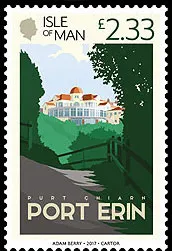
(This stamp features the above-mentioned house)
Little London
Flights from the mainland arrive at 9am full of CEO’s in suits, taking cabs past fields of sheep and cows to check in on their investments before flying home at 5 o’clock. In the main harbour, a massive yacht can often be seen parked a few hundred meters offshore. Lucky employees of online gambling companies spend their Friday afternoons drinking Dom Perignon out there and indulging a kind of debauchery more often associated with Miami or Monaco, or so I’m told. It’s not unusual to see a Bentley or a Maybach pull out of the ferry terminal, headed towards some well-sequestered mansion in the hills.
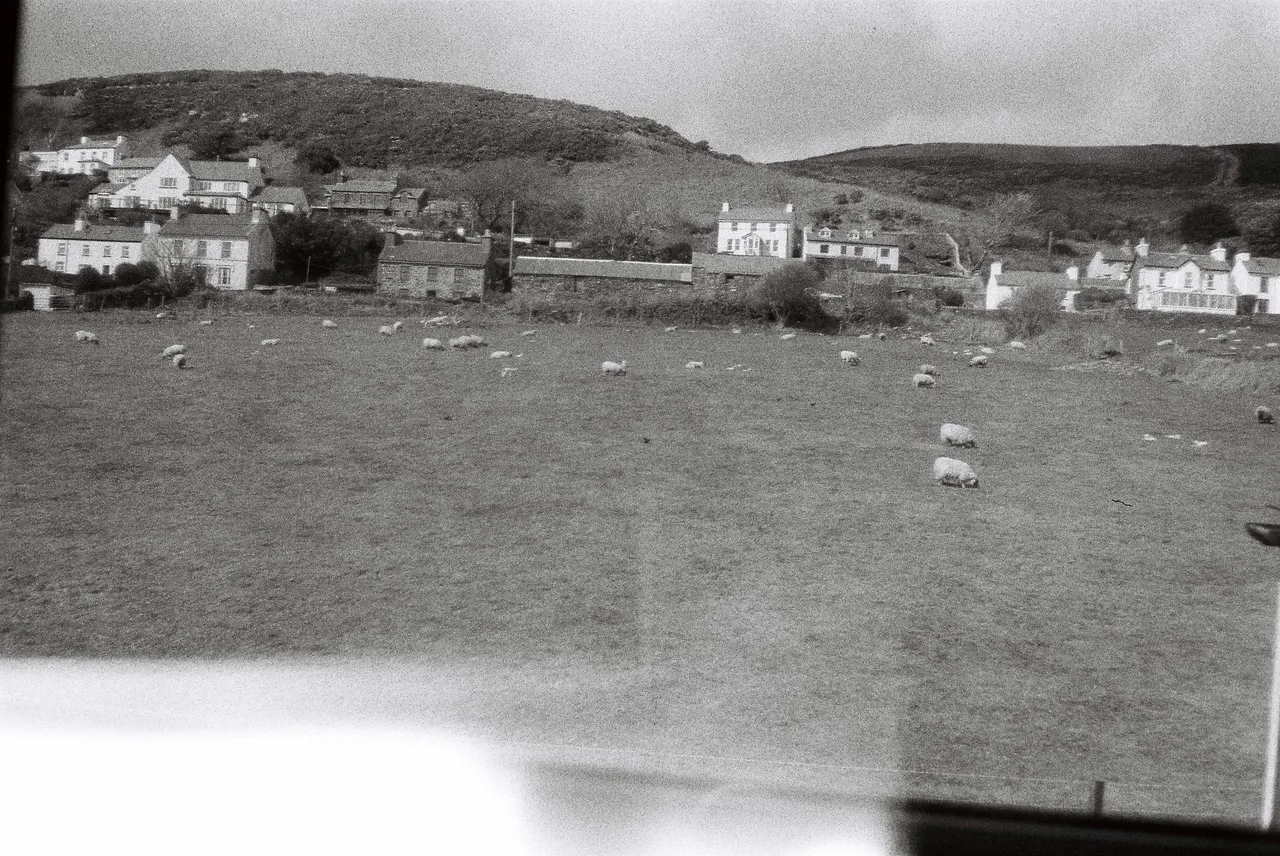
(Photo Credit: @juddylovespizza)
The island has a permanent population of around 80,000 people. That’s about 1/10th the size of London. Despite that, the island’s capital (Douglas) has a financial district whose net worth rivals cities many times its size. Wandering around town at lunchtime on a work day is a surreal experience. The streets are full of men and women in full business-formal attire, walking like the future of Wall Street depends on them getting to their meeting as quickly as possible. They meet in cafes, discussing “strategic agendas” and “fiscal priorities” over surprisingly expensive coffees. Then they drive home over hill and dale to sleepy little farming communities, have a drink in their local pub, wake up in the morning and get ready to play London Banker all over again.
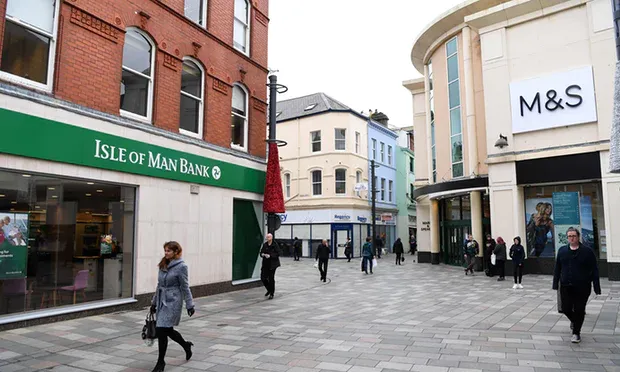
(Photo Credit: Paul Ellis/AFP/Getty Images)
Living off the Rich
If you live on the island and you don’t work in finance or online gambling, you work for the people who do. I have friends and family who teach millionaires’ children in a fancy private school, who maintain those big empty apartment buildings, and who work in super-yacht helicopter-pad installation (seriously).
Nearly all of the couples who live on my street consist of one person who works in finance and one person who works in a high-demand service sector. A banker and a care worker, a banker and an electrician, a banker and a joiner, a banker and a domestic violence counselor. Not all of the bankers are men, but nearly all of the couples have one person who works “close to the money” and one person who doesn’t.
So what?
The Isle of Man is a strange place to live. The landscape is rural and wild, dotted with little towns which are home to just a few hundred people each. What should by all rights be poor farming communities are instead shell-towns, full of empty apartments and storefronts. And yet the infrastructure is excellent, the roads well-paved, the schools well-funded, and there are Ferraris parked between the tractors. There’s a lot of money flowing, but it mostly belongs to people who have never really lived on the island. The true locals live on money borrowed (stolen?) from taxpayers in the UK and elsewhere, and yet without that money these communities would likely be destitute.
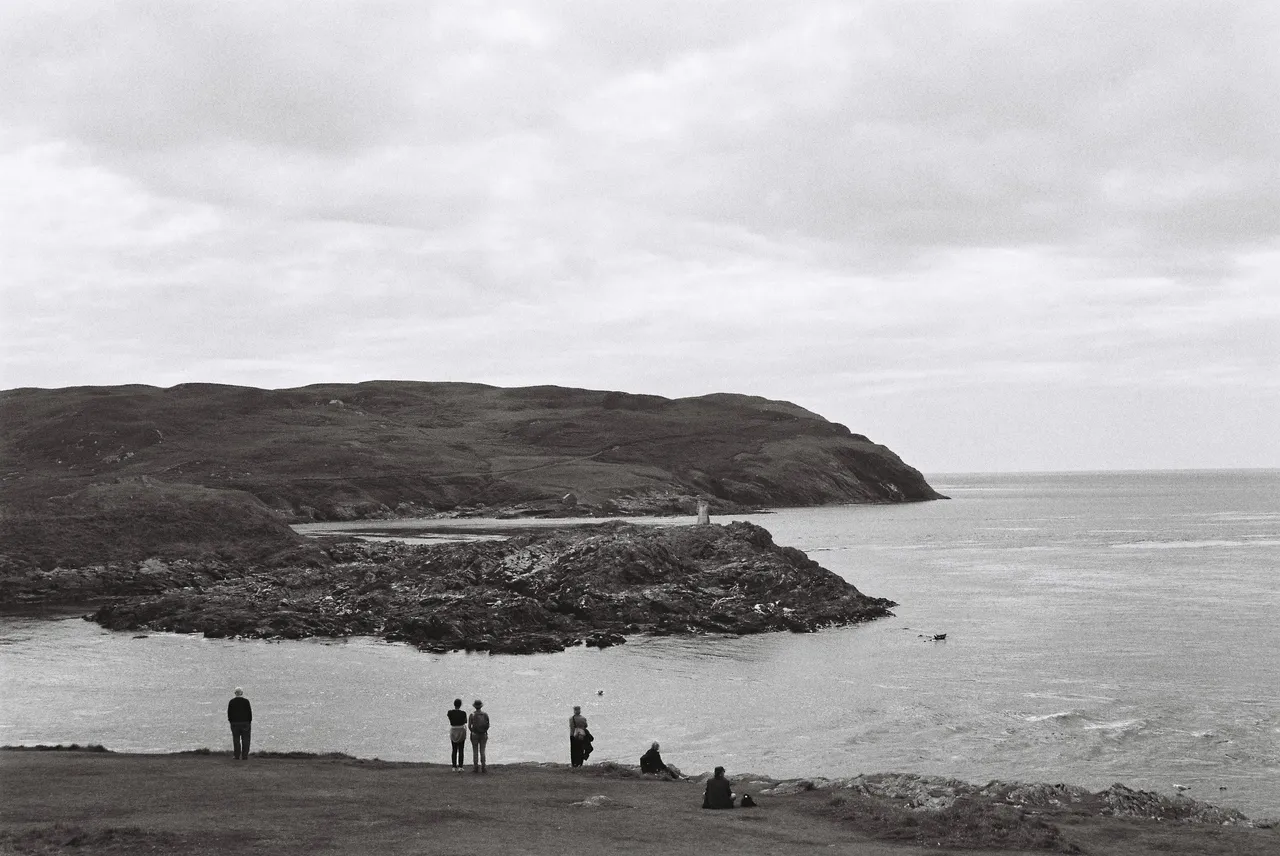
(Photo Credit: @juddylovespizza)
If you’re interested in the current legal side of all this or you just want a little bit more background, I recommend this article: https://www.theguardian.com/news/2017/nov/14/after-successive-offshore-scandals-are-there-signs-of-change-in-isle-of-man
I know there are many other nations whose economies rely heavily on their status as a tax haven. Do any other Steemians live in a place like that? Do you have an opinion about this kind of setup? Let me know in the comments!
Coming up
Follow me and find out about the two weeks per year when the Isle of Man population triples...thanks to one of the world’s fastest, deadliest motorcycle races. Learn about Manx culture, aka what the island was like in the decades and centuries before it became Britain’s local tax haven. Read about our weird animals (rabbit-cats! Sheep with four horns!) and much more!
!steemitworldmap 54.2361 lat 4.5481 long description d3scr